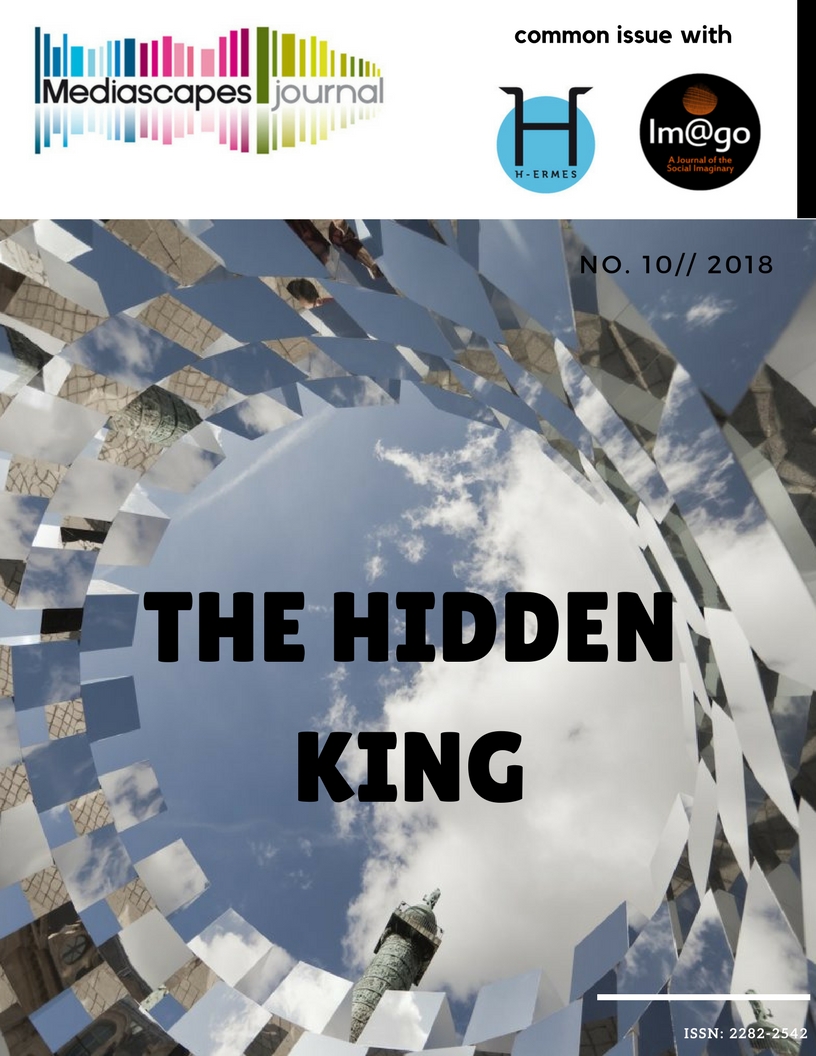Scripted format: pratiche di replicabilità illimitata
Parole chiave:
television studies, scripted format, transmedia storytelling, TV series, adaptationAbstract
The fiction format seems to work successfully within a series of remix-remake practices, such as cinema remakes in their direct (Druxman, 1975) or acknowledged forms (Greenberg, 1998). A source text introduces a narrative world made up of events and existents; another text reintroduces that narrative world, with the same events and existents. Drawing on Chatman (1978), the story is the same, the discourse is not. However, some of the components of the story may change, though not all of them, otherwise we would not be talking about remake. If we move to the field of TV shows, we realise that, as a source text, the format can dictate only part of the rules: the new version can follow these rules only up to a certain point in its development. Then, there is complete autonomy and the rest of the narrative world must be built independently. The two series take different paths, as they are structured in seasons: the format of BeTipul provides a story map for two seasons. Therefore, from the third season on, the other version, In Treatment, can no longer follow the remake strategy. In fact, the pattern of resuming (Barbieri, 2006) should be employed. According to this pattern, the story that goes on beyond the limits of the format develops as follows: 1 – the same characters; 2 – in the same contexts; 3 – act in similar ways; 4 – tackling different situations; 5 – to reach the same goals, believing in the same values. When series end, the Urtext might have been shorter than its remakes (BeTipul ends before In Treament; the story arc of Polseres vermelles is now shorter than that of Braccialetti rossi), or longer (Life on Mars UK has one season more than its US remake). If one of the most problematic and interesting issues regarding contemporary series is the crisis of the ending, the fiction format works in such a way that it is possible to postpone the ending indefinitely, in a system of narrative multiverses where the characters somehow keep on existing, although with different names and different faces, as if continually reincarnating, following a format law that can be identified with a sort of karma, i.e. an eternal cause-effect mechanism.
##submission.downloads##
Pubblicato
Come citare
Fascicolo
Sezione
Licenza
Gli autori che pubblicano su questa rivista accettano le seguenti condizioni:
- Gli autori mantengono i diritti sulla loro opera e cedono alla rivista il diritto di prima pubblicazione dell'opera, contemporaneamente licenziata sotto una Licenza Creative Commons - Attribuzione che permette ad altri di condividere l'opera indicando la paternità intellettuale e la prima pubblicazione su questa rivista.
- Gli autori possono aderire ad altri accordi di licenza non esclusiva per la distribuzione della versione dell'opera pubblicata (es. depositarla in un archivio istituzionale o pubblicarla in una monografia), a patto di indicare che la prima pubblicazione è avvenuta su questa rivista.
- Gli autori possono diffondere la loro opera online (es. in repository istituzionali o nel loro sito web) prima e durante il processo di submission, poiché può portare a scambi produttivi e aumentare le citazioni dell'opera pubblicata (Vedi The Effect of Open Access).


